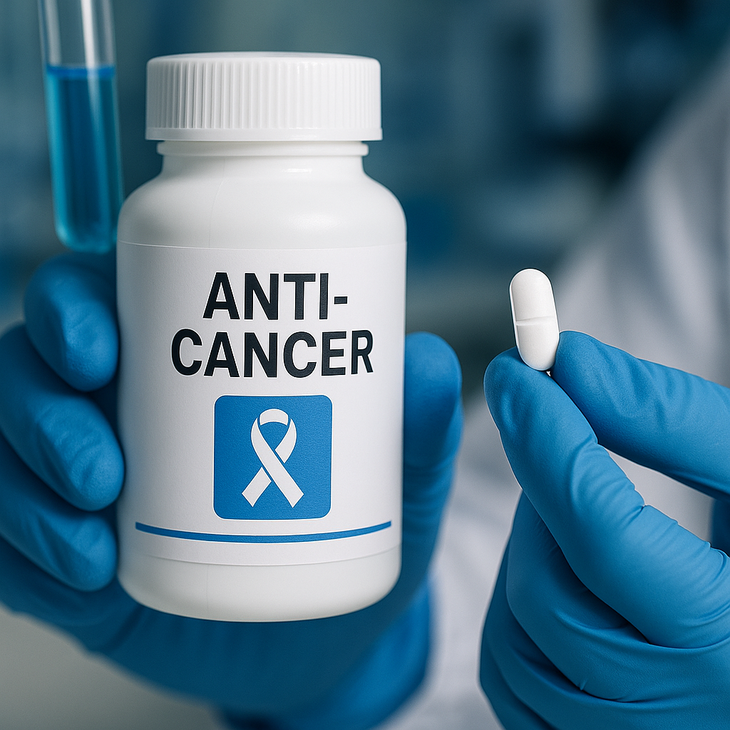
American scientists announce 'AI-designed' cancer drug that blocks tumors, reduces side effects - Illustration: AI
American scientists have just announced a promising cancer drug that can stop the growth of tumors without causing common side effects. Notably, the drug was designed entirely using artificial intelligence (AI) and supercomputers, marking a new step in revolutionizing the pharmaceutical development process.
The drug, called BBO-10203, is the result of a collaboration between Lawrence Livermore National Laboratory (LLNL), BridgeBio Oncology Therapeutics (BBOT), and Frederick National Laboratory (FNLCR).
Unlike many previous drugs, BBO-10203 does not cause hyperglycemia - a common side effect that has caused many cancer treatments to fail.
In results published in the journal Science , BBO-10203 targets the interaction between two proteins RAS and PI3Kα - which are commonly mutated in common cancers such as breast, lung and colorectal.
These two proteins act as “switches” for transmitting growth signals in cancer cells. Blocking the connection between them without disrupting normal physiological functions has long been considered a challenge in the pharmaceutical world.
Animal studies have shown that BBO-10203 can slow the growth of a variety of tumors and is more effective when combined with existing therapies. The drug is currently undergoing early-stage clinical trials in patients with advanced cancer to assess its safety and initial efficacy.
Remarkably, the development of BBO-10203 began not in a lab, but on a supercomputer. Researchers used LLNL’s computational drug design platform LCADD—which integrates AI, physics simulations, and biological data—to model millions of molecules and select the most promising candidates. This allowed them to reduce the research time from decades to just a few years, while still ensuring high precision and selectivity.
“This is a precise attack on a long-standing weakness in cancer, and a prime example of how AI can change the way we discover drugs,” the team said.
If proven effective in humans, BBO-10203 could pave the way for a new generation of targeted, low-toxicity cancer treatments, especially for cancers that have been considered "hard to reach" with drugs.
Source: https://tuoitre.vn/ai-thiet-ke-thuoc-tri-ung-thu-chan-khoi-u-giam-tac-dung-phu-20250627144525764.htm






![[Photo] Special national art program “80 years of journey of Independence-Freedom-Happiness”](https://vphoto.vietnam.vn/thumb/1200x675/vietnam/resource/IMAGE/2025/9/2/42dac4eb737045319da2d9dc32c095c0)
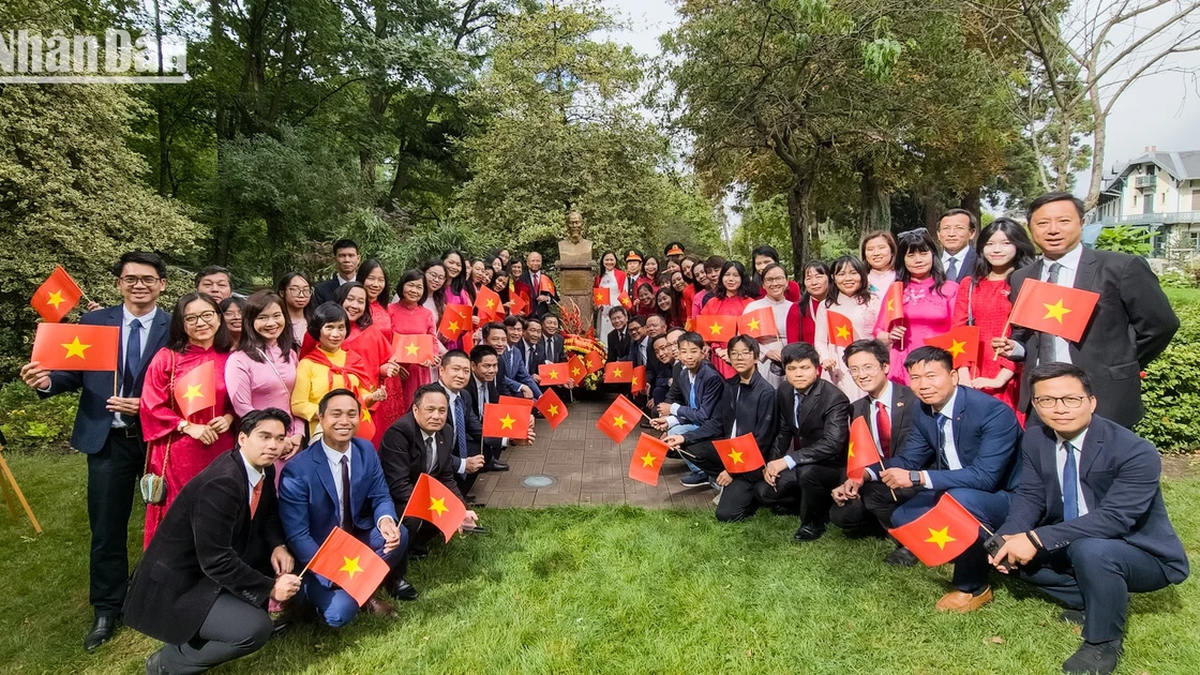

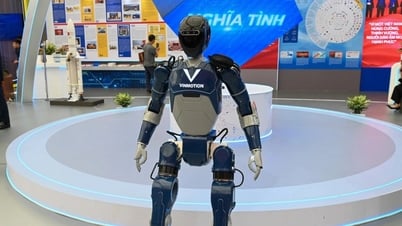

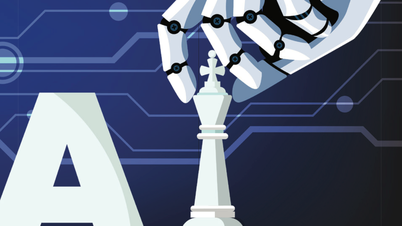



























![[Photo] Parade of armed forces at sea](https://vphoto.vietnam.vn/thumb/1200x675/vietnam/resource/IMAGE/2025/9/2/3d4b1f9b40e447e0839d3f99b748169a)














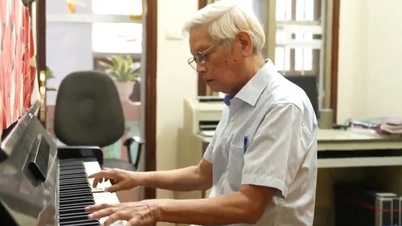
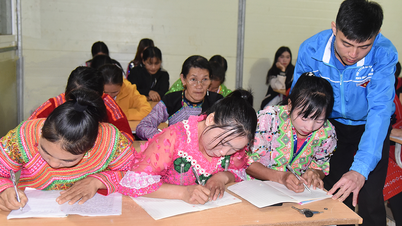


















![[Live] Parade and march to celebrate the 80th anniversary of the August Revolution and National Day September 2](https://vphoto.vietnam.vn/thumb/402x226/vietnam/resource/IMAGE/2025/9/2/ab9a5faafecf4bd4893de1594680b043)

















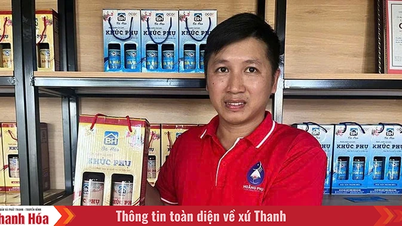








Comment (0)